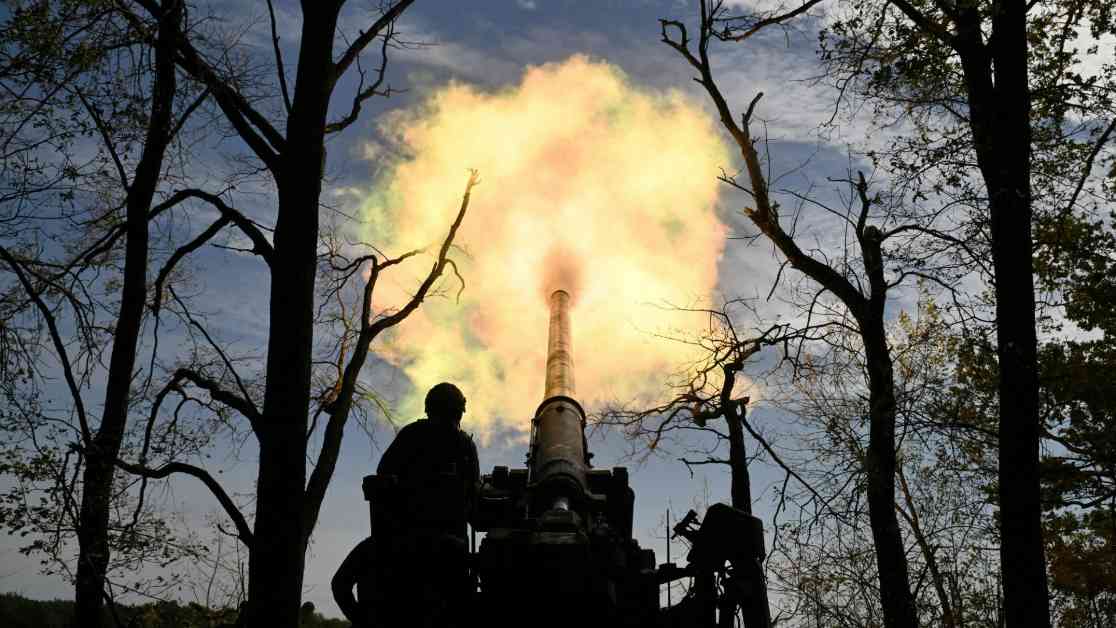The West’s Looming Threat: Unpreparedness for the Future of Warfare
In a world where the landscape of war is constantly evolving, the recent conflict in Ukraine has served as a stark reminder of the deadly new age of warfare facing the West. Colonel Richard Kemp, a former Cobra chief, sounded the alarm on Europe’s lack of readiness to combat the changing face of warfare, as reported by The Sun.
Insights from a Military Expert
Colonel Kemp, a seasoned veteran who led British forces in Afghanistan, highlighted the unprecedented clash between major uniformed armies in Europe since World War II. He emphasized the critical need for a different mindset to confront the challenges posed by modern warfare, particularly the emergence of precision long-range missiles and drones.
The Rise of Automated Weapons
The use of automated weapons, driven by Artificial Intelligence, has revolutionized the battlefield, introducing unmanned drones and potentially autonomous jets or tanks. These advancements bring a level of unpredictability that traditional military strategies may struggle to counter, underscoring the urgent need for enhanced defense capabilities in the face of evolving threats.
Colonel Kemp’s warning about the inadequacy of Europe’s defenses against long-range missiles and drones serves as a wake-up call to the potential vulnerabilities that could be exploited by adversaries, from state actors to terrorist groups. The recent escalation of conflict in Ukraine, marked by the deployment of US ATACMS missiles and British Storm Shadow rockets, underscores the pressing need for comprehensive defensive measures to safeguard against future threats.
The Imperative for Preparedness
As the global security landscape continues to shift, experts like Professor Anthony Glees have expressed deep concerns about Europe’s preparedness for the future of warfare. The reliance on drones and AI-driven technologies presents new challenges that demand proactive strategies to mitigate risks and protect against potential attacks on home soil.
The urgency to bolster offensive capabilities using drones and long-range missiles, coupled with a robust defense mechanism against emerging threats, will be crucial in safeguarding national security. The lessons learned from ongoing conflicts, such as the innovative use of FPV drones in Ukraine, underscore the importance of adapting military strategies to counter evolving threats effectively.
In conclusion, the West’s unpreparedness for the future of warfare poses a significant risk that must be addressed promptly. By leveraging technological advancements, enhancing defensive capabilities, and maintaining vigilance against emerging threats, nations can better position themselves to navigate the complexities of modern warfare and safeguard their interests in an increasingly volatile world.


